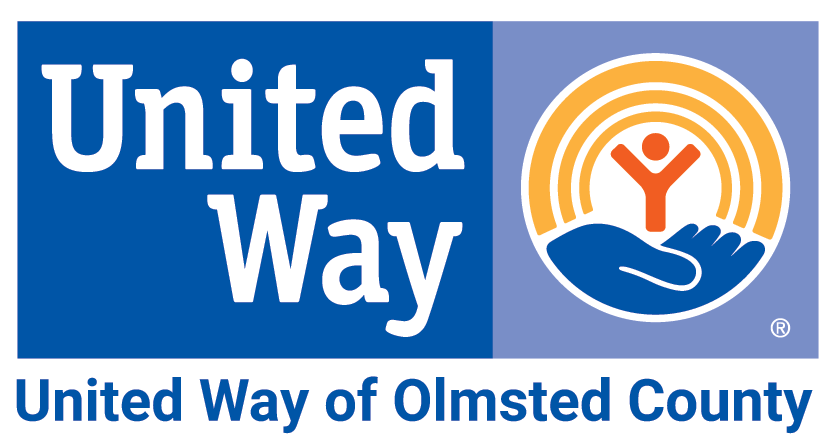Note: As context for the importance of mental health, today's content references historical events - acts of police violence and slavery - some participants may experience as triggering.
.png)
Monday, January 24
"You're looking at somebody you know, love, trust and respect and are proud of, but you can't help them... You sort of have to remove yourself in order to maintain your sanity." - Justin Blake |
Today’s quote comes from police shooting victim Jacob Blake’s uncle, Justin Blake. In it, he encapsulates the private feelings that only a family member could feel in this moment. He also summarizes what many of us, who aren’t kin to the Blake family, feel as well. Unfortunately, the uncertainty about how to process the violence inflicted upon Black people is a repetitive process. One in which mental health, as Justin points out, is very much at risk.
To that end, we are making an appeal to all those committed to racial equity to also commit to healing and self care.
With the subsequent deaths of George Floyd, Breonna Taylor, and many others, mental health conditions are being triggered due to the compounding impacts of the COVID-19 pandemic, economic crisis, and repeated racist incidents and murders of people of color. Research also shows that BIPOC individuals are less likely to seek care than white people. In a recent study, Asian Americans cited the stigma surrounding mental health and lack of knowledge of available resources as barriers to care. As noted by Dr. Christine M. Crawford, “the root of mental health stigma among Black people can be traced back to slavery.”
In Olmsted County, the local 2019 Community Health Needs Assessment found that more white residents are identifying mental health as a concern than residents of color.
United Way of Olmsted County’s white paper on Mental Health Advocacy addresses local cultural differences to mental health approaches and comfortability. Namely, “cultures have deep impact in the way mental disorders are perceived by populations; explained and cared for by the patients (selfcare) and families, including when to seek healthcare and; reacted towards, which is the basis for stigmatization and social isolation of the patients.”
Each one of us can take steps to become an ally to someone—especially in the BIPOC community—who is experiencing mental illness. We can all work to:
- Bring awareness to the use of stigmatizing language around mental illness
- Educate family, friends, and colleagues about the unique challenges of mental illness within the BIPOC community
- Become aware of our own attitudes and beliefs toward the BIPOC community to reduce implicit bias and negative assumptions
- Become aware of resources below.
For BIPOC folks in particular, we want to lift up the following resources designed to support self-care, and mental health:
- Black Mental Health Alliance - Provides information and resources and a “Find a Therapist” locator to connect with a culturally competent mental health professional.
- Melanin and Mental Health - Connects individuals with culturally competent clinicians committed to serving the mental health needs of Black & Latinx/Hispanic communities.
- Ourselves Black - Provides information on promoting mental health and developing positive coping mechanisms.
- POC Online Classroom - Contains readings on the importance of self-care, mental health care, and healing for people of color and within activist movements.
For Asian Americans and Pacific Islanders:
- AAPI (Asian American and Pacific Islander) organization - Provided this list of mental health resources during their Heritage Month.
- Asian Mental Health Collective - Offers the APISAA Therapist Directory, which connects people to mental health providers based on where you live in the United States.
- Asians Do Therapy - Has content about reducing the stigma around therapy in AAPI communities and provides guidance on how to get started.
- Project Lotus - Is a youth-led organization educating and empowering today’s Asian-American communities; advancing the movement of Asian-Americans’ blossoming; and addressing mental health stigma, shame, and overall perception of mental health.
- MannMukti - Encourages open dialogue around mental health challenges for South Asians.
For Black women:
- Ebony's Mental Health Resources by State - List of Black-owned and focused mental health resources by state.
- Sista Afya - Organization that provides mental wellness education, resource connection, and community support for Black women.
- Therapy for Black Girls - Online space dedicated to encouraging the mental wellness of Black women and girls.
For Black men:
- Brother You’re on My Mind - Launched by Omega Psi Phi Fraternity, Inc. and NIMHD to raise awareness of the mental health challenges associated with depression and stress that affect Black men and families.
- Black Men Heal - Limited and selective free mental health service opportunities for Black men.
- Therapy for Black Men - A rapidly growing directory of therapists and coaches throughout the 50 states who provide judgment-free, multiculturally-competent care to Black men.
Today’s Challenge:
Take time to browse the resources above, take a moment for your own self-care, and consider your role in destigmatizing mental health.
